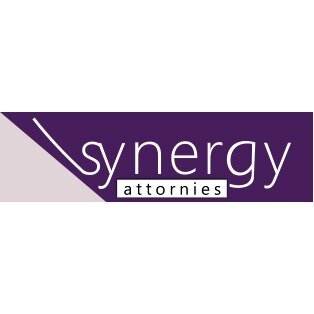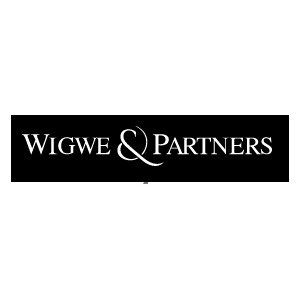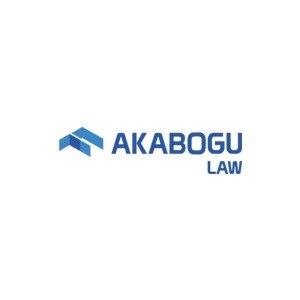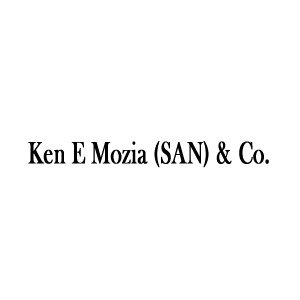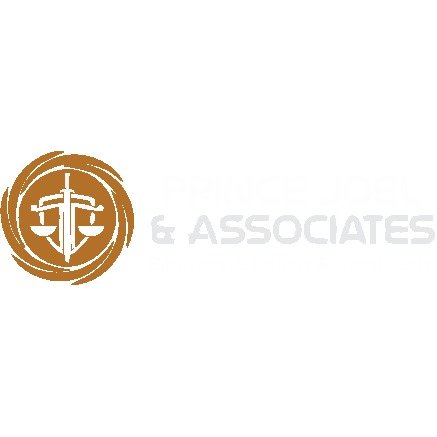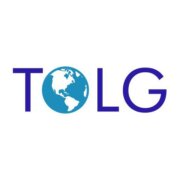Best Restructuring & Insolvency Lawyers in Lekki
Share your needs with us, get contacted by law firms.
Free. Takes 2 min.
List of the best lawyers in Lekki, Nigeria
About Restructuring & Insolvency Law in Lekki, Nigeria
Restructuring and insolvency law in Lekki, Nigeria, refers to the legal frameworks and procedures for managing financial distress in businesses and individuals. These laws help organizations and persons reorganize debts or liquidate assets in order to settle obligations with creditors fairly and efficiently. For growing commercial centers like Lekki, restructuring and insolvency play a key role in supporting healthier business operations, managing insolvency risks, and protecting creditors and stakeholders. The law strives to balance the interests of debtors and creditors while promoting economic stability within Lekki and the larger Lagos area.
Why You May Need a Lawyer
Legal intervention is often vital when handling restructuring and insolvency issues. Here are some common situations where seeking legal help can be important:
- You or your business are unable to repay debts as they fall due and want to explore options to avoid bankruptcy or liquidation.
- Your creditors have initiated insolvency proceedings against you or your company.
- You want to negotiate debt restructuring plans with banks or other lenders.
- You need help understanding your rights and obligations under the insolvency laws.
- You are a creditor seeking to recover debts from an insolvent business in Lekki.
- You suspect that a company is trading while insolvent and wish to know about your recourse.
- You are worried about the impact of insolvency on existing contracts or business partnerships.
A lawyer provides guidance on legal options, representation in court or negotiations, and ensures compliance with regulatory requirements. Getting the right advice early can help protect your interests and minimize losses.
Local Laws Overview
In Lekki, Nigeria, restructuring and insolvency matters are primarily governed by the Companies and Allied Matters Act (CAMA) 2020 and the Bankruptcy Act, complemented by guidelines from the Corporate Affairs Commission and the courts. Here are key elements to note:
- Company Voluntary Arrangements (CVA): Allows companies in financial trouble to agree on debt repayment plans with creditors, subject to court and creditor approval.
- Receivership: Creditors can appoint a receiver to take over and manage assets or businesses to recover debts.
- Liquidation (Winding Up): When companies become insolvent, assets may be sold to repay creditors. Liquidation can be voluntary or court-ordered.
- Bankruptcy: Applies mainly to individuals, involving a formal declaration of inability to pay debts. A trustee oversees the distribution of assets to creditors.
- Business Rescue Provisions: Newer aspects of law encourage restructuring over liquidation, promoting business continuity where possible.
- Priority of Creditors: The law sets out the order in which creditors are repaid. Secured creditors often take precedence, followed by unsecured creditors.
- Protection of Employees and Stakeholders: Certain employee claims and statutory obligations must be addressed during insolvency proceedings.
These local laws and regulations are enforced by courts in Lagos State, including those with jurisdiction in Lekki, and key government agencies.
Frequently Asked Questions
What is insolvency and how is it defined under Nigerian law?
Insolvency means an individual or company cannot pay debts as they become due. Nigerian law considers both cash flow insolvency (inability to pay debts on time) and balance sheet insolvency (liabilities exceed assets).
What is the difference between bankruptcy and insolvency?
Bankruptcy is a formal legal process declaring an individual unable to pay debts, while insolvency is the general condition of being unable to pay debts. Companies are insolvent but not technically "bankrupt" under Nigerian law.
Can I restructure my business without going to court?
Yes, informal restructuring can occur through negotiations with creditors. However, formal restructuring under the law usually involves court supervision to ensure agreements are binding and fair.
What happens to my assets if I am declared insolvent?
Your assets may be taken over by a trustee or liquidator and sold to repay creditors, subject to exemptions for protected property or statutory priorities.
How long does an insolvency process take in Lekki?
The duration varies based on the complexity of the case and the procedures involved, ranging from a few months for straightforward liquidations to years for complex restructurings.
If I am owed money by an insolvent company, will I get it back?
Creditors are repaid according to legal priority. Secured creditors are first, while unsecured creditors may receive only a portion of what is owed if assets are insufficient.
Can insolvency proceedings stop creditor harassment?
Yes. Once formal proceedings begin, creditors are generally barred from taking independent action for debt recovery except through the insolvency framework.
What are my duties as a director if my company is insolvent?
Directors must act in the best interest of creditors, avoid incurring new debts, and cooperate with insolvency practitioners. Failure can attract personal liability or sanctions.
Will insolvency affect my credit rating or business reputation?
Yes, insolvency may impact personal and business credit records and reputation. Recovery is possible, especially if restructuring is successful and debts are settled.
Where can I find reliable legal assistance for restructuring and insolvency in Lekki?
You can consult local law firms, professional insolvency practitioners, or government agencies specializing in commercial law for advice relevant to your case.
Additional Resources
Here are some resources and organizations to assist you in Lekki, Nigeria:
- Corporate Affairs Commission (CAC): Handles company registration, filings, and compliance matters.
- Federal High Court (Lagos Division): Handles insolvency-related litigation and court-supervised processes.
- Insolvency Lawyers and Law Firms in Lekki: Legal experts specializing in restructuring and insolvency advice.
- Nigeria Bar Association (NBA) Lagos Branch: Provides lawyer directories and referral services.
- Debt Management Offices: Offer guidance on managing public and private debts.
- Banking and Financial Institutions: Offer assistance with formal debt restructuring and settlements.
Next Steps
If you need legal assistance with restructuring and insolvency in Lekki:
- Gather all relevant documents, including debt schedules, company accounts, correspondence with creditors, and legal notices.
- Contact a reputable law firm or insolvency practitioner experienced in Lekki and the wider Lagos region.
- Schedule a consultation to discuss your situation and understand your legal options.
- Cooperate fully and provide honest, complete information to your advisor for effective representation.
- Follow legal advice promptly and adhere to court and regulatory requirements.
- Keep open communication with your creditors and stakeholders where possible to facilitate fair and efficient resolutions.
Taking timely action and seeking professional guidance can significantly improve your chances of resolving insolvency issues and preserving value for all involved.
Lawzana helps you find the best lawyers and law firms in Lekki through a curated and pre-screened list of qualified legal professionals. Our platform offers rankings and detailed profiles of attorneys and law firms, allowing you to compare based on practice areas, including Restructuring & Insolvency, experience, and client feedback.
Each profile includes a description of the firm's areas of practice, client reviews, team members and partners, year of establishment, spoken languages, office locations, contact information, social media presence, and any published articles or resources. Most firms on our platform speak English and are experienced in both local and international legal matters.
Get a quote from top-rated law firms in Lekki, Nigeria — quickly, securely, and without unnecessary hassle.
Disclaimer:
The information provided on this page is for general informational purposes only and does not constitute legal advice. While we strive to ensure the accuracy and relevance of the content, legal information may change over time, and interpretations of the law can vary. You should always consult with a qualified legal professional for advice specific to your situation.
We disclaim all liability for actions taken or not taken based on the content of this page. If you believe any information is incorrect or outdated, please contact us, and we will review and update it where appropriate.





